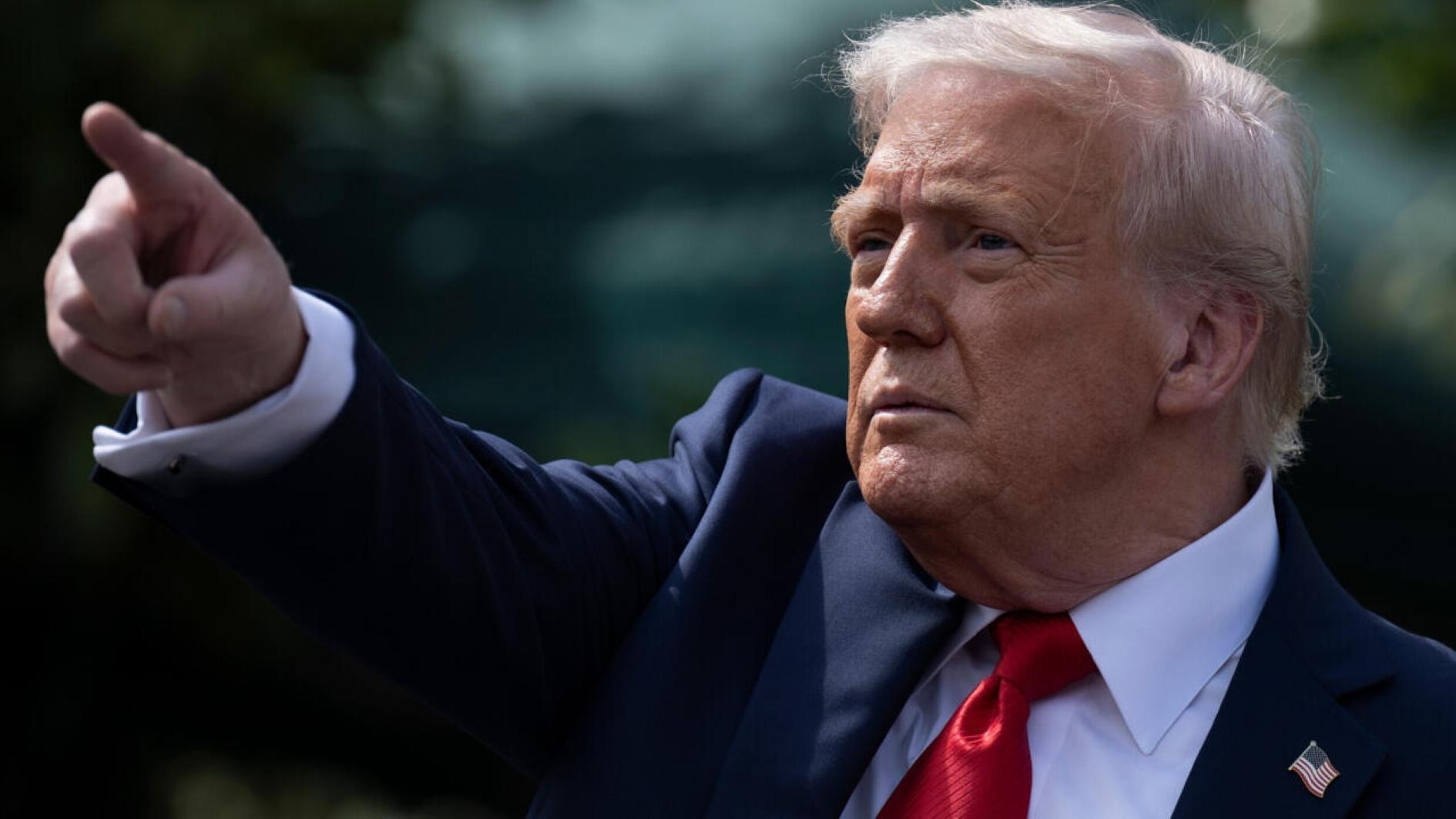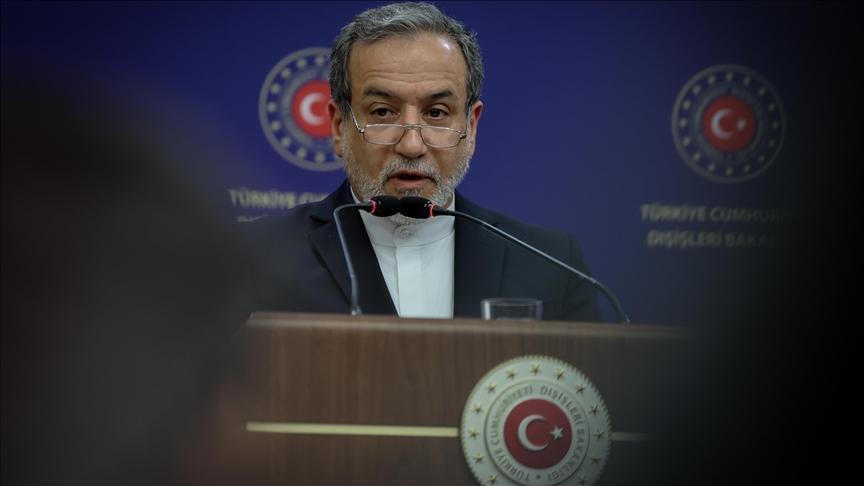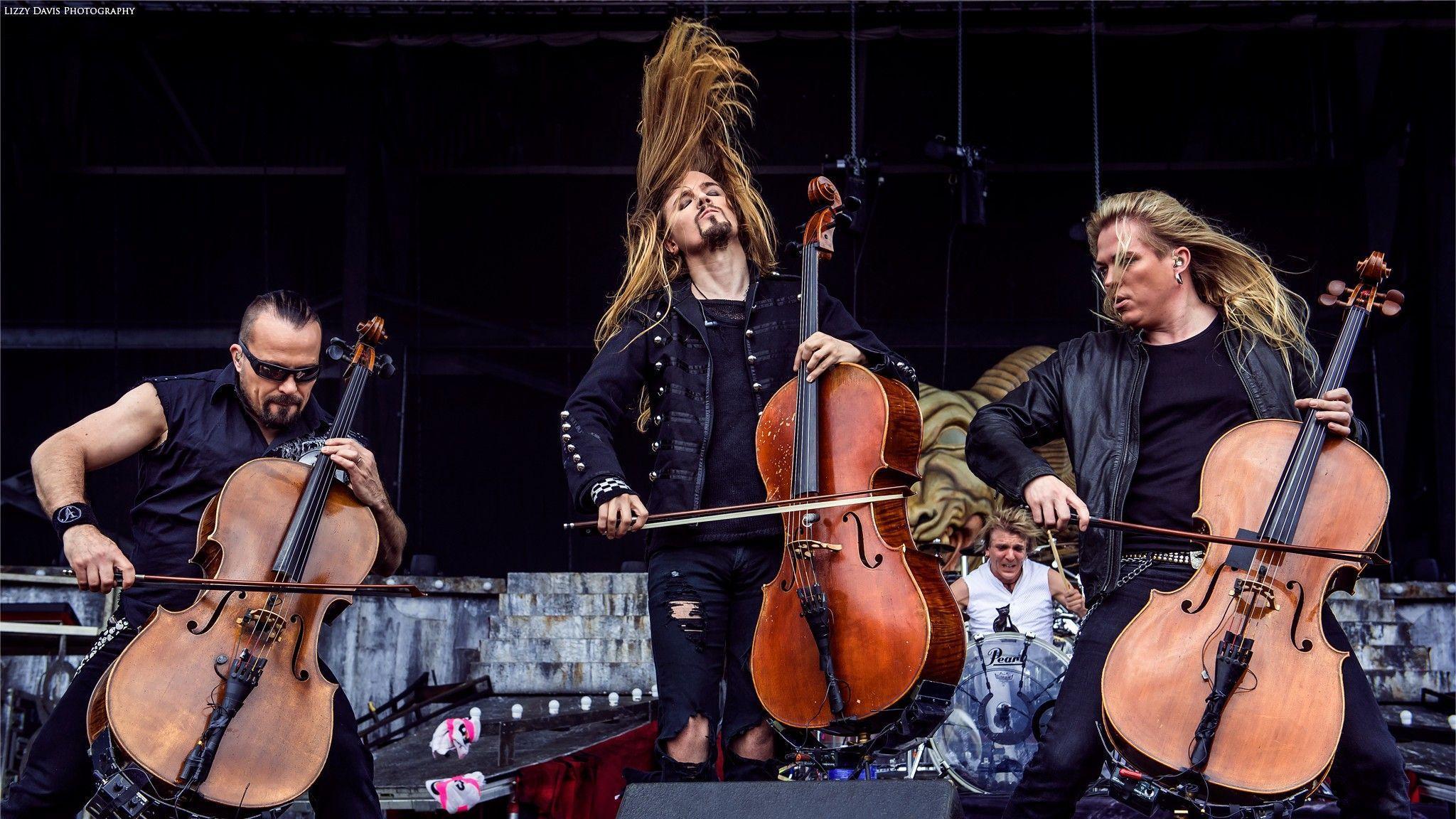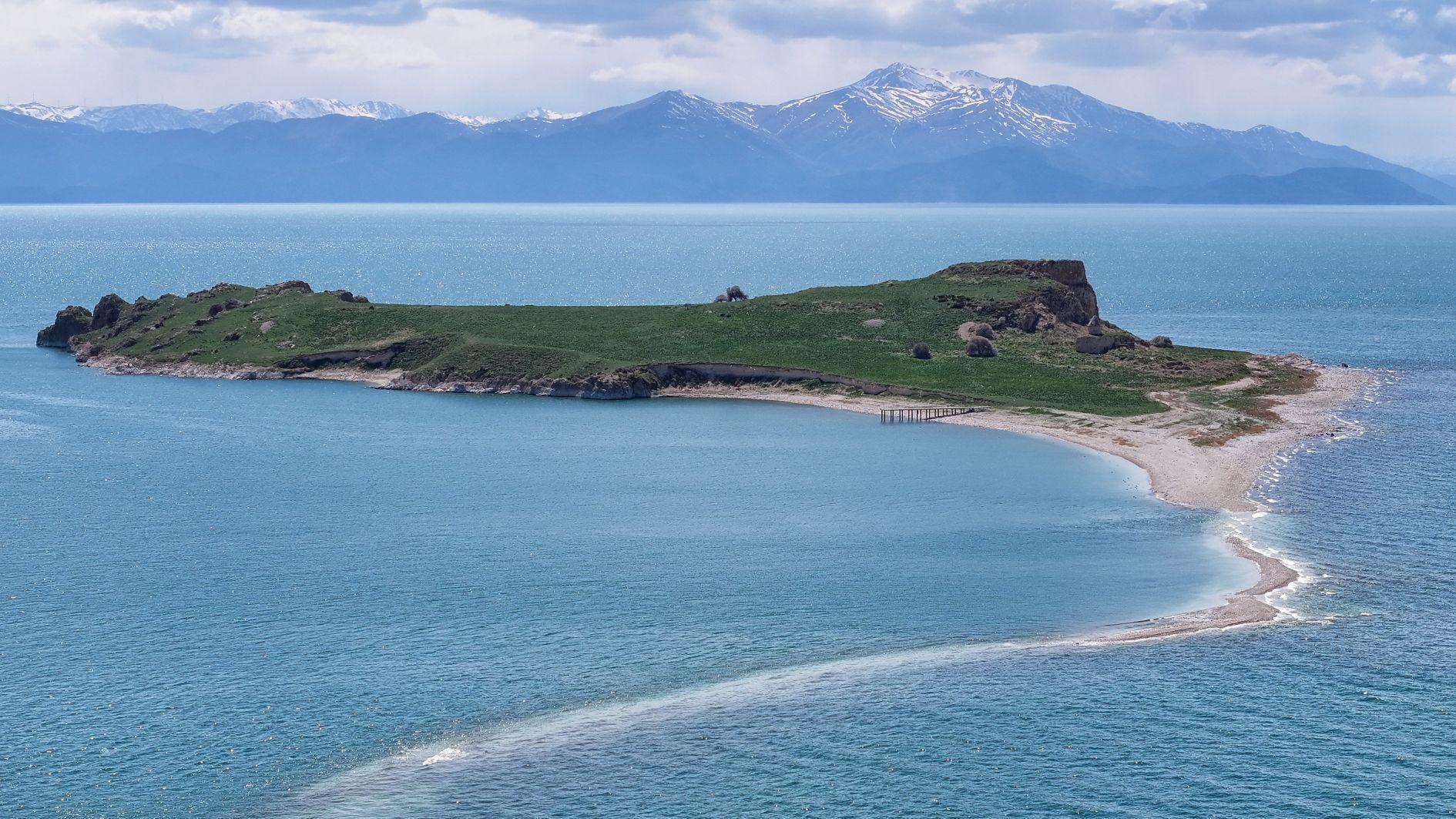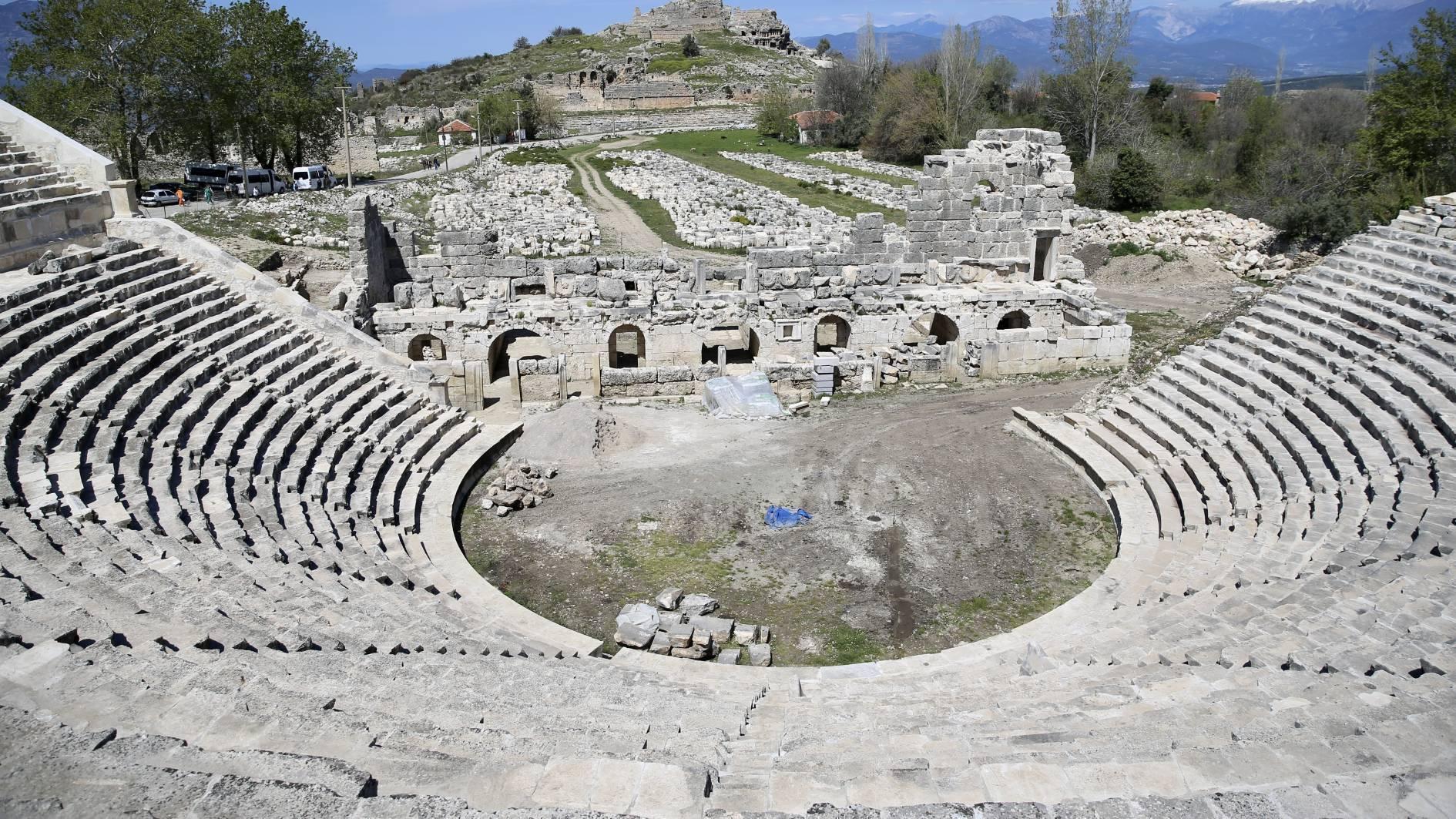Georgia is moving ahead after the 2008 war
The pictures of war on major news networks mean destruction, devastation and despair for those embroiled in conflict. If the eye of an international reporter ever returns to those areas as the years pass, one usually sees a grim reality, where human suffering prevails, with no hope in sight. This was one possible scenario for my country as well, as it was invaded by a neighbor vastly superior in size and military capabilities. Still worse was the threat of the obliteration of our very statehood and of our way of life.
Yet neither of these scenarios came to pass. The Georgian people defended their homeland. Our friends and allies stood by us in the international arena to rebuke the invasion. Georgia keeps its identity as a free nation and is moving ahead, though ever-mindful of the threat that is still looming from the two Russian military bases that were set up on occupied territories, in violation of the ceasefire agreement and fundamental principles of international law.
The country withstood the shock and managed to rebound and achieve steady economic growth, with its real GDP growing 6.4% in 2010 and 7% in 2011. As this year wanes, we expect to open a major railway route linking Central Asia with Turkey and onwards to Europe. The U.N. World Tourism Organization singled out Georgia for its remarkable growth in tourism – arrivals have almost tripled in the past five years, from just below a million in 2006 to close to 3 million in 2011. Georgia still remains one of the safest and least corrupt countries in Europe, where business is easy to do.
Georgia’s democratic choice remains unshaken. The citizens will vote on Oct. 1 to elect a new Parliament and to rejuvenate our democracy. Our public-service halls – the key way in which citizens interact with the government on a daily basis – won a prize in a worldwide, peer-nominated U.N. contest for their innovative design of services. Our nation is negotiating an Association Agreement and a free-trade agreement with the EU, and implementing reforms to strengthen our justice system, local governance and penitentiaries.
While we are proud of our successes, we call attention to the plight of the thousands who were displaced during the war, whose homes were often razed to the ground in an act of ethnic cleansing. Immediately after the war the government made sure most of these families met the winter of 2008 under their own new roofs, but their rights are far from being acknowledged, and their loss is far from compensated. Justice has yet to be restored.
As we work to advance our nation, we need help and support from the international community to condemn and reverse the occupation, and to make our successes available to those that reside on the 20 percent of Georgian territory currently occupied by Russian troops. In the 21st century no power can afford to lock people behind barbed wire, to raze villages to make way for military bases, to deprive children the right to study in their mother tongue, or to make carrying a gun the only available employment.
We have reached out to all those who reside on occupied territories, to engage with them, to offer services, to build confidence and to restore the social fabric that linked our communities for centuries. Georgia maintains neighborly relations with the Russian people – we canceled visa requirements for all Russian citizens this March, and the tourists have poured in, despite the propaganda of fear propagated by the Kremlin. We are ready to engage in constructive talks with Russia. Georgia has made a unilateral pledge not to use force. There has been no reciprocity, but we hope, often beyond hope, that the hearts and minds in Moscow will slowly change.
Georgia has achieved a lot, but we still need a friendly hand so that all of our compatriots may live in peace, dignity and security. The governments and civil society of the free world should continue delivering the loud and clear message to the government of the Russian Federation that the military occupation cannot be tolerated, that systematic abuse of human rights cannot be window-dressed as nation-building, and that ethnic cleansing has no place in modern society. Four years after the war, the Georgian nation stands tall, looks to the future, and demands justice for all of its residents.
*Grigol Vashadze is Foreign Minister of Georgia


